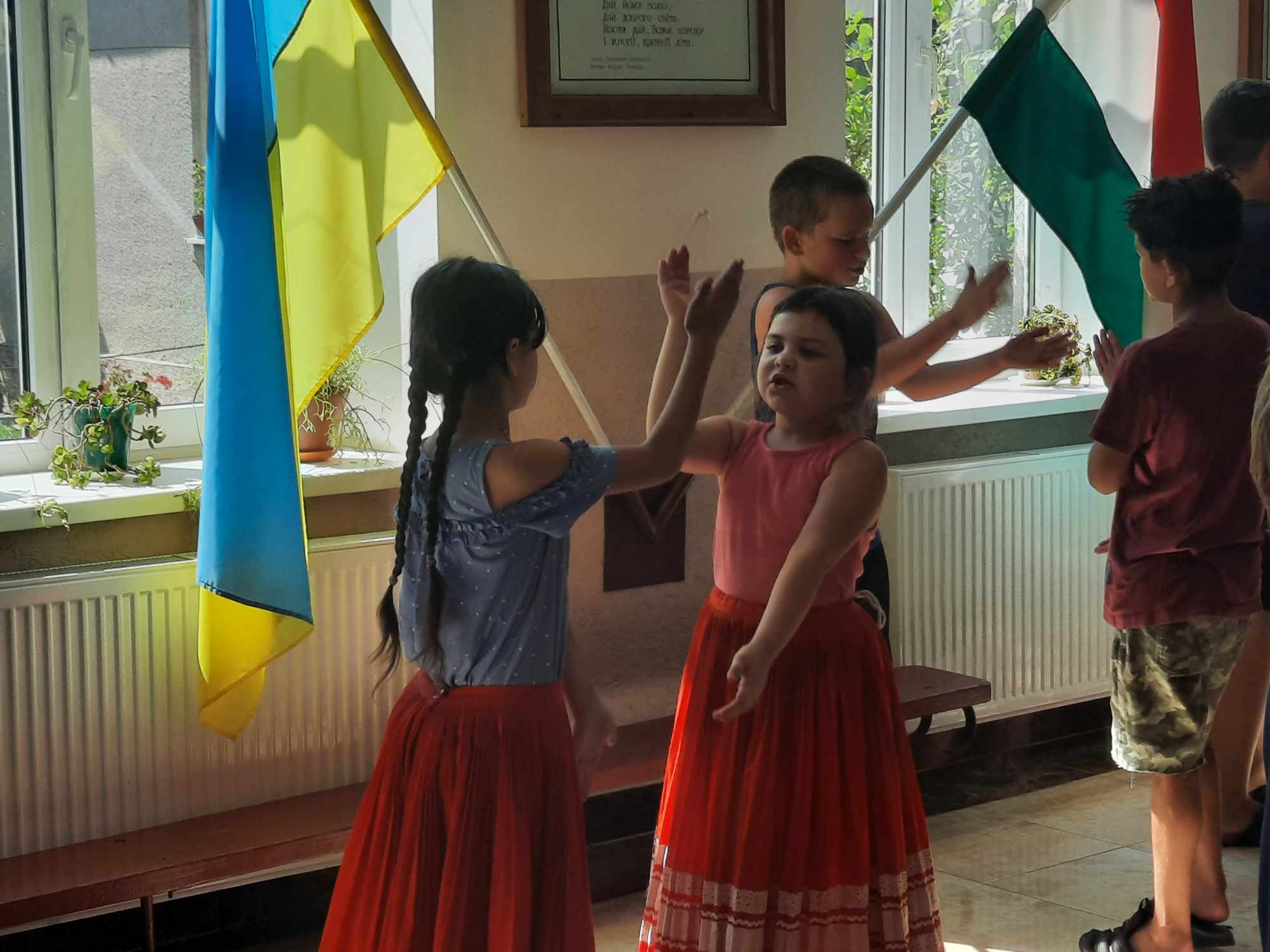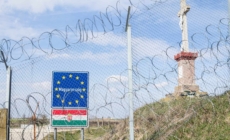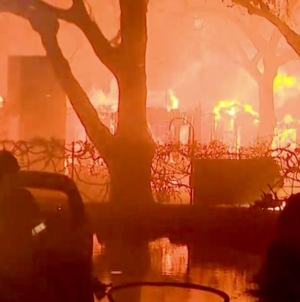A strong, well-functioning vocational education system plays a crucial role in preserving and strengthening Hungarian communities beyond the country’s borders, a senior Hungarian official said on Monday in Târgu Secuiesc (Kézdivásárhely), in the Szeklerland region of Romania.
Speaking at the opening ceremony of the new academic year at the Kanta Vocational Training Center — an institution supported by Hungary — Gergely Pálmai, Deputy State Secretary for Vocational Training at the Ministry of Culture and Innovation, emphasized the importance of local education opportunities.
Here, young people can gain competitive professional skills without having to leave their homeland. They can become highly qualified professionals while remaining in their own communities,”
he said.
Gergely Pálmai described the program as one that strengthens both professional and community roots, providing a sense of security and contributing to the survival of Hungarian communities abroad as “living, developing, and self-sustaining.”
Mass celebrated by OFM Csaba Böjte, as part of the year opening ceremony of Kanta Vocational Training Center, Photo: MTI/Kátai Edit
He stressed the Hungarian government’s commitment to enhancing vocational training in Hungarian communities outside Hungary, ensuring that students receive cutting-edge knowledge aligned with both economic demands and national values.
It is important to us that the quality of education matches the expectations of the economy, while also preserving and passing on national traditions, values, and the cohesive strength of the community,”
he added.
During the ceremony, representatives from five Székely (Szekler) hospitals and the Békéscsaba Vocational Training Center — which oversees the Kanta facility — signed a declaration of intent to cooperate on developing vocational training programs, particularly in healthcare.
Now entering its third academic year, the Kanta Vocational Training Center aims to launch new training programs in healthcare fields. In the first year (2023), the school enrolled 62 students across four hospitality-related disciplines. Last year, 68 students enrolled in five programs.
This year, the institution is expanding its reach, offering courses at four locations: Târgu Secuiesc, Miercurea Ciuc (Csíkszereda), Lunca de Sus (Gyimesfelsőlok), and Sovata (Szováta). Programs include training for waiters, chefs, pastry chefs, cleaning specialists, hotel managers, and nursery caregivers, with a total of 210 students enrolled.
As part of the day’s events, a marble replica of the Hungarian Holy Crown was unveiled in the courtyard of the local Franciscan monastery. The monument was donated by the Historical Vitéz Order, Lajos Veress Székely Tribal Council, Kézdiszék branch as a symbol of national unity, faith, and loyalty.
Related article
Teaching Who We Are: Transcarpathian Schools Open with a Message of Identity

In Mukachevo, the academic year begins with calls to preserve language, culture, and community amid ongoing pressures.Continue reading
Via MTI; Featured image: MTI/Kátai Edit
The post Classrooms as Diplomacy: Education Becomes Hungary’s Tool for Cross-Border Community Strength appeared first on Hungary Today.
Source link































